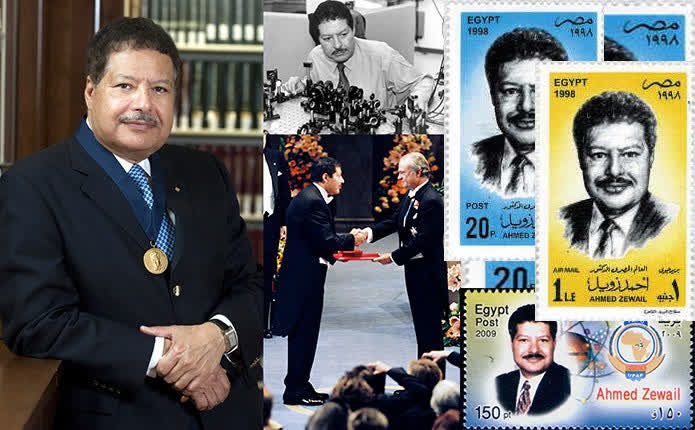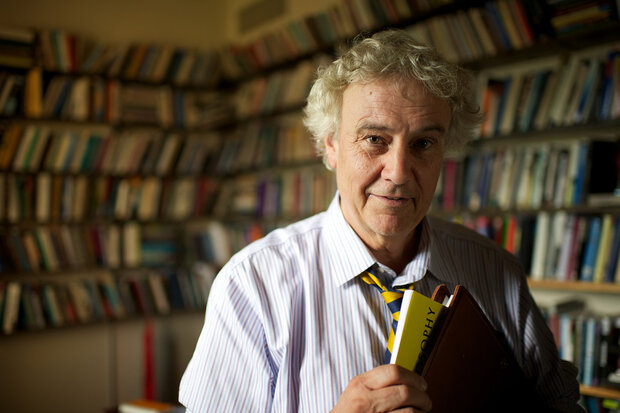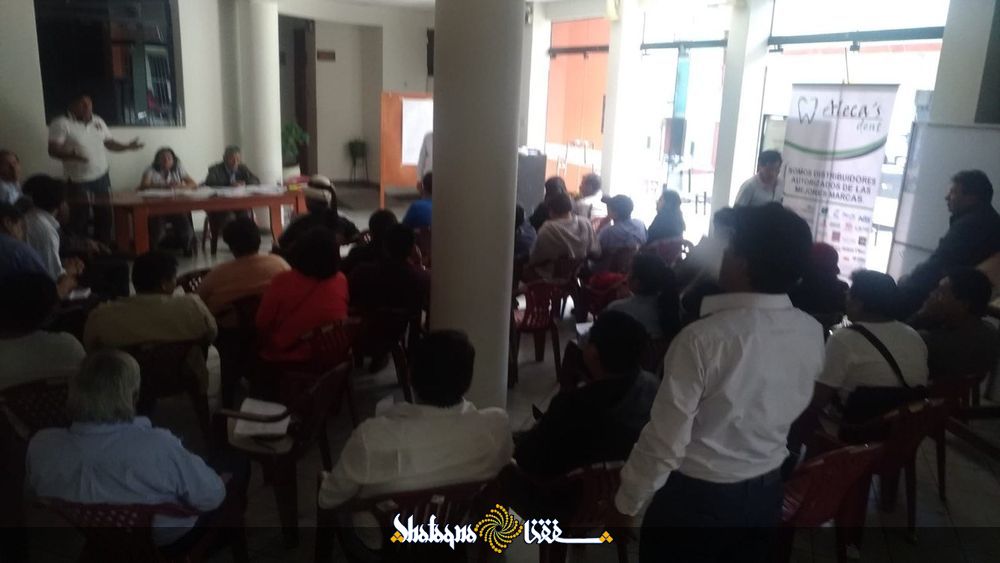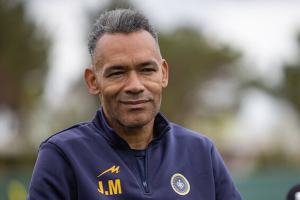According to rahyafte (the missionaries and converts website):Dr. Ahmed Zewail, born on February 26, 1946, in Damanhur, Egypt, was a world-renowned Egyptian-American scientist and a devout Muslim. His groundbreaking work in the field of femtochemistry earned him the Nobel Prize in Chemistry in 1999. Dr. Zewail’s life and achievements exemplify the harmony he saw between his faith and scientific pursuits.
Early Life and Education:
Ahmed Zewail’s journey in science began in Egypt, where he pursued his undergraduate studies at the University of Alexandria. He completed his bachelor’s degree in chemistry in 1967 and then moved to the United States for further studies.
He pursued a Ph.D. in chemical physics at the University of Pennsylvania under the mentorship of Professor Robin Hochstrasser. It was during this time that he developed a deep interest in ultrafast laser spectroscopy, a field that would later become his life’s work.
Contributions to Femtochemistry:
Dr. Zewail’s groundbreaking research in femtochemistry focused on the study of chemical reactions on extremely short timescales, measuring in femtoseconds (one quadrillionth of a second). His work involved using ultrafast laser techniques to observe and understand how atoms and molecules behave during chemical reactions.
One of his most notable achievements was the development of the femtosecond electron diffraction technique, which allowed scientists to capture real-time images of molecules in motion during chemical reactions. This breakthrough provided invaluable insights into the dynamics of chemical reactions, and it fundamentally transformed the field of chemistry.

For his pioneering work in femtochemistry, Ahmed Zewail was awarded the Nobel Prize in Chemistry in 1999, becoming the first Arab and Muslim scientist to receive this prestigious honor.
The Compatibility of Science and Islam:
Throughout his life, Dr. Zewail was not only a distinguished scientist but also a devout Muslim. He often spoke about the compatibility of science and Islam, emphasizing that scientific exploration and discovery were not at odds with religious faith. He saw the pursuit of knowledge, including scientific knowledge, as a means of understanding and appreciating the wonders of God’s creation.
Dr. Zewail believed that science and faith could coexist harmoniously, and he saw no conflict between the two. He advocated for the importance of science education and research in the Muslim world and encouraged young Muslims to engage in scientific endeavors.
Legacy and Impact:
Ahmed Zewail’s contributions to femtochemistry and his advocacy for the compatibility of science and Islam left a lasting legacy. He inspired countless individuals, both within and outside the scientific community, to bridge the gap between faith and reason. His work advanced our understanding of chemical reactions and had far-reaching implications for fields such as materials science, pharmacology, and biology.
Dr. Zewail passed away on August 2, 2016, but his legacy continues to influence the world of science and the dialogue on the relationship between science and religion. He remains an iconic figure who exemplified how one can pursue scientific excellence while maintaining a deep spiritual and religious commitment.



















